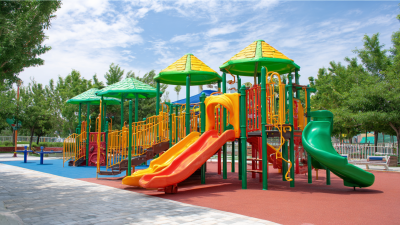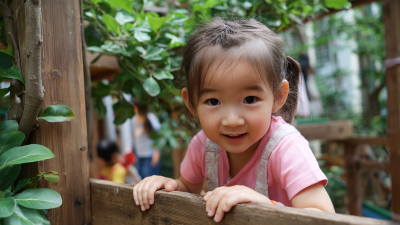 +86-13901441113
+86-13901441113




Choosing the right Playground Nursery for your child's early development is a crucial decision that can significantly impact their growth and learning. According to a report from the National Association for Education of Young Children (NAEYC), children who participate in high-quality early childhood education programs are 30% more likely to achieve major milestones by age five, setting a positive trajectory for their future learning experiences.
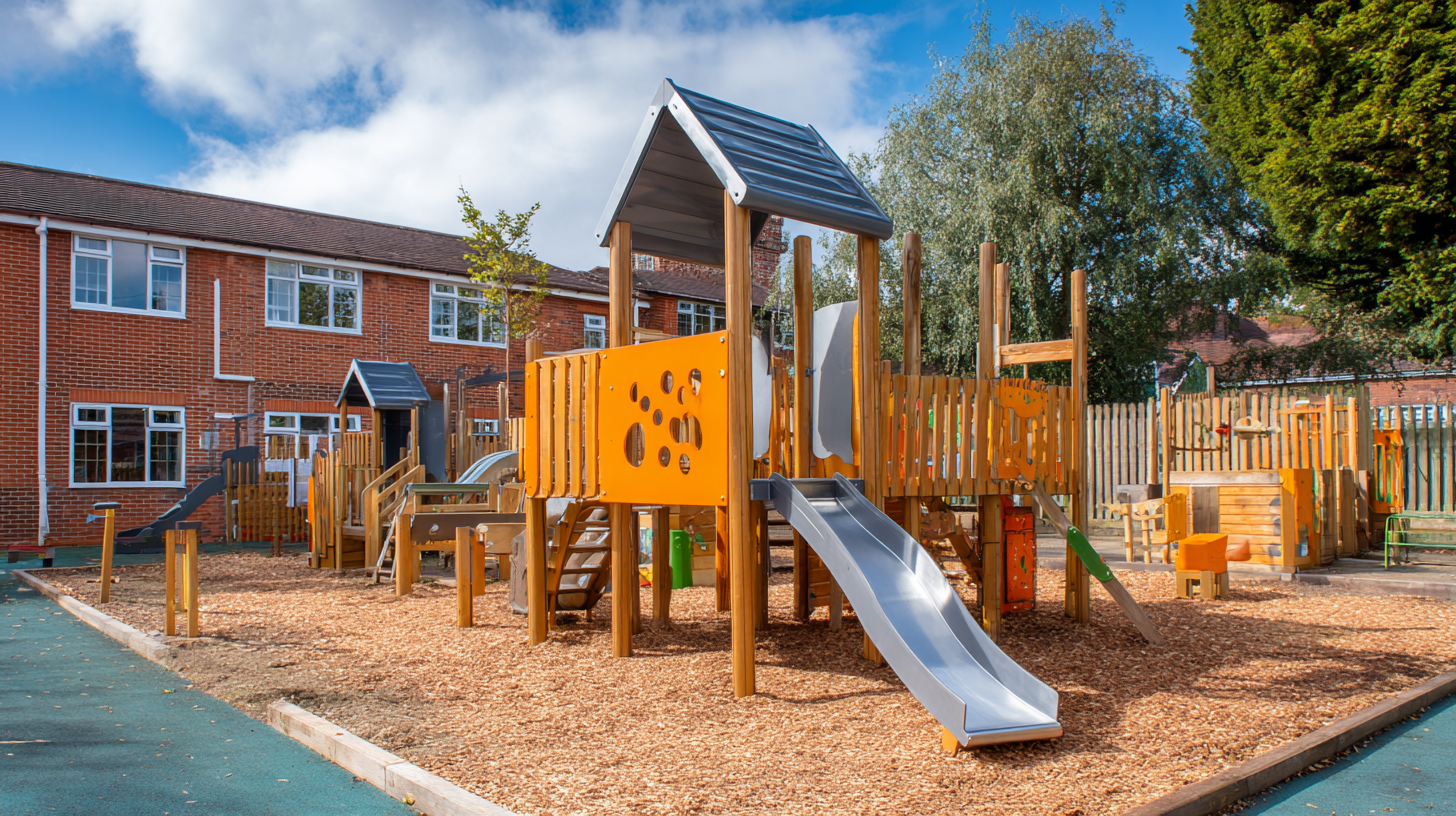
A well-structured Playground Nursery not only fosters social skills and emotional development but also enhances cognitive abilities through play-based learning. Research indicates that play is essential for children’s development, with the American Academy of Pediatrics stating that unstructured playtime helps children develop critical thinking and problem-solving skills. Therefore, parents must carefully evaluate potential Playground Nurseries, ensuring they provide a safe, enriching environment that aligns with their child's developmental needs and promotes holistic growth.
Choosing the right playground nursery for your child is crucial for their overall development, particularly as they navigate key developmental milestones in early childhood education. During these formative years, children develop essential skills such as motor skills, social interactions, and emotional regulation. Observing how a nursery incorporates play into their curriculum can provide insight into how well they support these milestones.
Tips for parents: Look for nurseries that offer a variety of play-based learning opportunities. Activities like climbing structures and sensory play stations not only enhance physical development but also encourage problem-solving and cooperation among peers. Additionally, find out how the nursery fosters emotional growth; environments that promote emotional intelligence through storytelling, role-playing, and group activities play a vital role in helping children understand and express their feelings.
Another important factor to consider is how the nursery tracks developmental progress. A good nursery should provide regular updates on your child's milestones and be willing to communicate openly about their developmental needs. Engaging with teachers about their assessment approaches and how they tailor activities to support each child’s unique growth trajectory will ensure that your child receives the best possible foundation for their future learning.
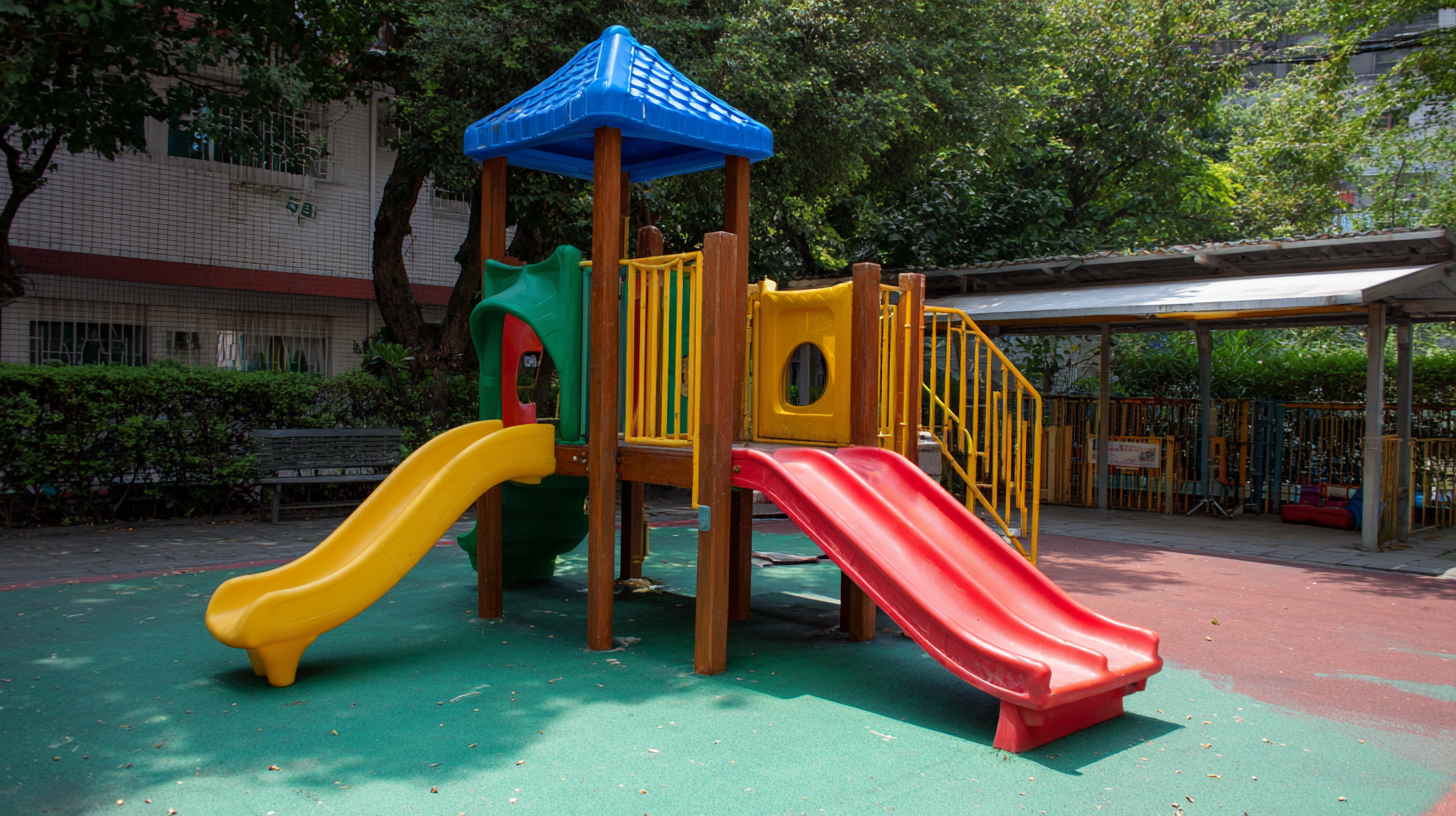
When evaluating nursery program structures for optimal learning outcomes, parents should consider several key factors that can significantly impact their child's development. First and foremost, the curriculum should focus on a balance of structured activities and free play. Structured activities provide a framework for learning essential skills, while free play encourages creativity and social interaction. Look for programs that seamlessly integrate both elements, allowing children to explore their interests within a supportive environment.
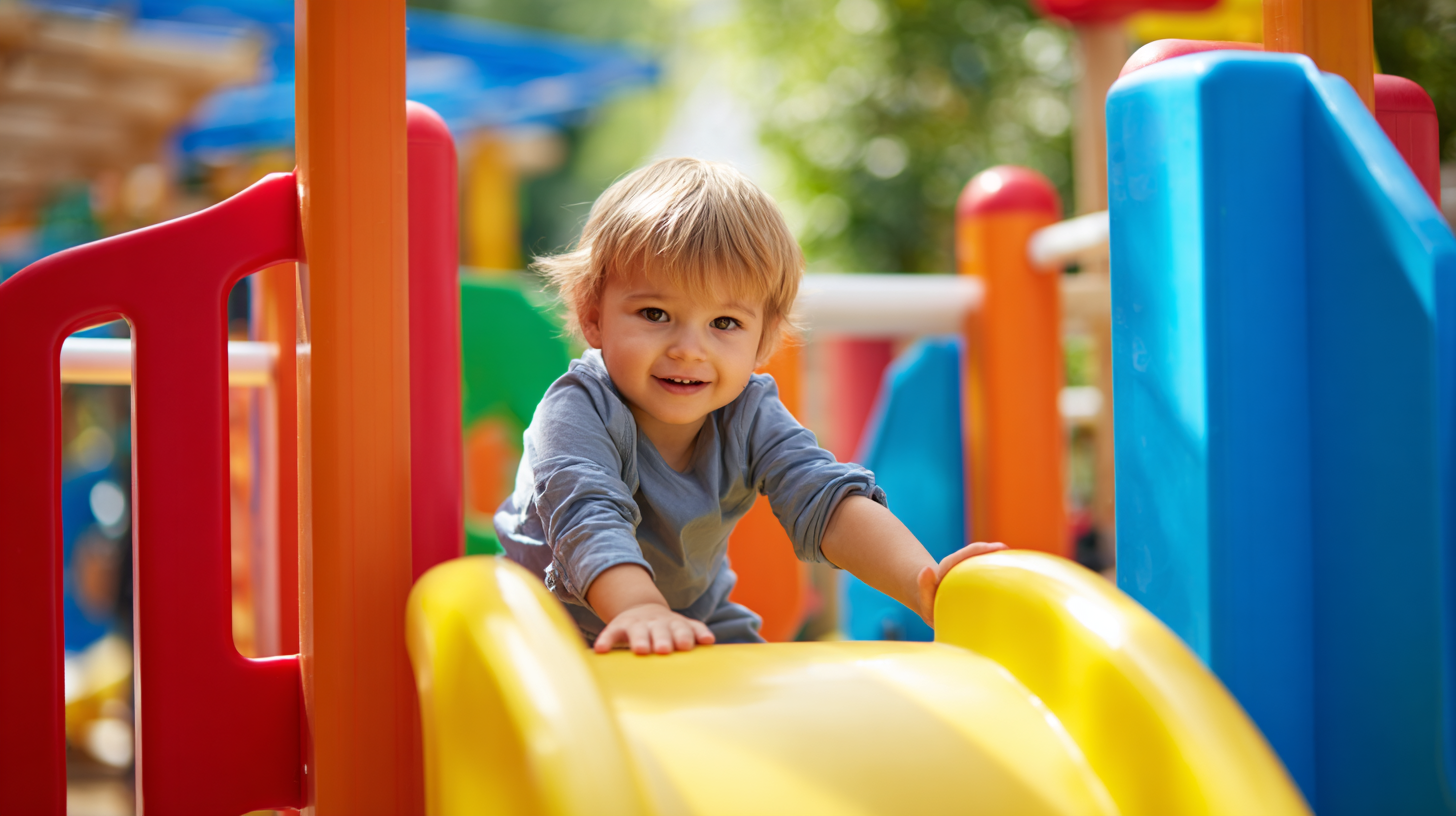
Another crucial aspect to consider is the teacher-to-child ratio, as this directly affects the quality of attention and care each child receives. Low ratios often lead to more individualized learning experiences, enabling educators to foster stronger relationships with the children and tailor activities to their unique developmental needs. Additionally, assess the qualifications and ongoing training of the staff, as experienced educators are more equipped to implement effective teaching strategies and support children's emotional and social growth.
Lastly, the learning environment itself plays a significant role in development. Safe, well-organized spaces filled with diverse materials stimulate curiosity and exploration. Outdoor play areas should also be a priority, providing opportunities for physical activity and connection with nature. By evaluating these program structures, parents can make informed choices that promote their child's overall development and well-being.
Outdoor play is essential for young children's development, greatly contributing to their physical, social, and emotional well-being. According to the American Academy of Pediatrics, outdoor play not only helps children develop motor skills but also enhances their ability to interact with peers, fostering cooperation and problem-solving abilities. In a study published in the journal "Child Development," researchers found that children engaged in outdoor play showed improved concentration levels and a significant reduction in behavioral issues.
When choosing a playground nursery, it's vital to ensure that outdoor play is an integral part of the curriculum. Look for nurseries that incorporate varied outdoor activities, allowing children to explore natural environments and develop a sense of adventure. A report from the National Association for the Education of Young Children highlights that children who frequently engage in outdoor play exhibit better health and fitness levels compared to those who do not.
**Tips:** Encourage your child to participate in structured outdoor activities but also allow for unstructured time where they can explore and play freely. This balance promotes creativity and personal growth. Additionally, speak with nursery staff about their outdoor play policies and the types of activities they offer, ensuring that they prioritize safe and stimulating play environments.
When selecting a playground nursery for your child's development, one of the most critical factors is the qualifications of the staff and the child-to-staff ratios. Studies emphasize that high-quality early childhood education (ECE) greatly influences children's long-term outcomes, yet many programs struggle to maintain appropriate staffing levels. Research indicates that optimal staff-to-child ratios are essential for effective learning environments; for instance, a national consensus suggests a ratio of 1:10 for preschool-aged children to ensure adequate attention and support for each child’s individual development.
In light of recent challenges faced in the ECE sector, some states have loosened childcare staffing regulations in a bid to expand access. While well-intentioned, these changes can compromise the quality of care. The "Quality 101" report highlights that high-quality programs typically exhibit strong staff qualifications—beyond just having a degree in early childhood education. Continuous professional development and specialized training are found to significantly enhance staff effectiveness and, consequently, children's developmental progress. Opting for a nursery that prioritizes these aspects not only ensures compliance with existing guidelines but also fosters a nurturing environment conducive to your child's growth.
When selecting a playground nursery, parent testimonials and reviews play a crucial role in the decision-making process. Listening to the experiences of other parents can provide valuable insights into various aspects of the nursery, from the quality of the staff to the effectiveness of their educational programs. Parents often share their observations about how their children thrive in the environment, the level of care and attention given by educators, and the overall atmosphere of the nursery. Such firsthand accounts can help prospective parents gauge the fit between the nursery's approach and their child's needs.
In addition to testimonials, online reviews can offer a broader perspective on the nursery's reputation within the community. These reviews can highlight specific strengths, such as creativity in activities and the availability of outdoor play areas, or they may reveal potential concerns. By cross-referencing multiple sources of feedback, parents can make informed decisions, ensuring that the nursery they choose aligns with their values and supports their child's developmental journey. Ultimately, gathering diverse opinions fosters a deeper understanding of what to expect and can lead to a more confident choice for the child's early education.
| Nursery Location | Age Group | Facilities | Parent Rating (out of 5) | Parent Comment |
|---|---|---|---|---|
| Downtown | 2-4 years | Outdoor Play Area, Art Room, Rest Zone | 4.5 | Great environment, my child loves it! |
| Suburbia | 1-3 years | Baby Playground, Reading Corner, Snack Area | 4.0 | Friendly staff, cozy atmosphere! |
| Riverside | 3-5 years | Sand Pits, Climbing Frames, Music Room | 4.8 | Amazing facilities, my kids have so much fun! |
| Hilltop | 2-4 years | Nature Trails, Arts & Crafts Room | 4.3 | Enriching programs, highly recommend! |
| Lakeside | 1-5 years | Water Play Area, Indoor Gym | 4.6 | Clean and safe, my child enjoys the water play! |


